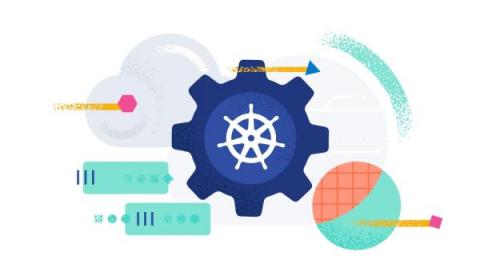Exploiting IAM security misconfigurations and how to detect them
These three IAM security misconfiguration scenarios are rather common. Discover how they can be exploited, but also, how easy it is to detect and correct them. Identity and access management (IAM) misconfigurations are one of the most common concerns in cloud security. Over the last few years, we have seen how these security holes put organizations at increased risk of experiencing serious attacks on their Cloud accounts.











